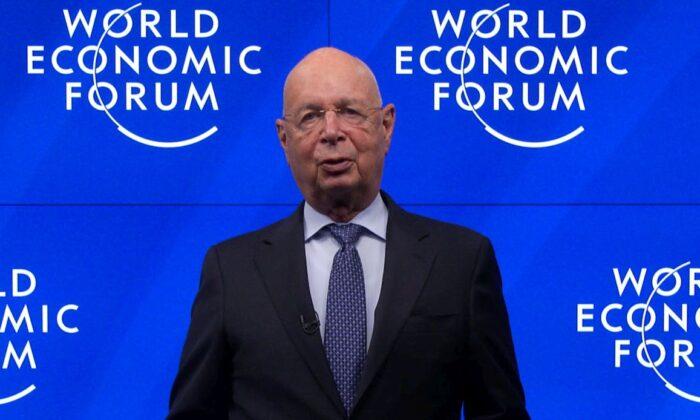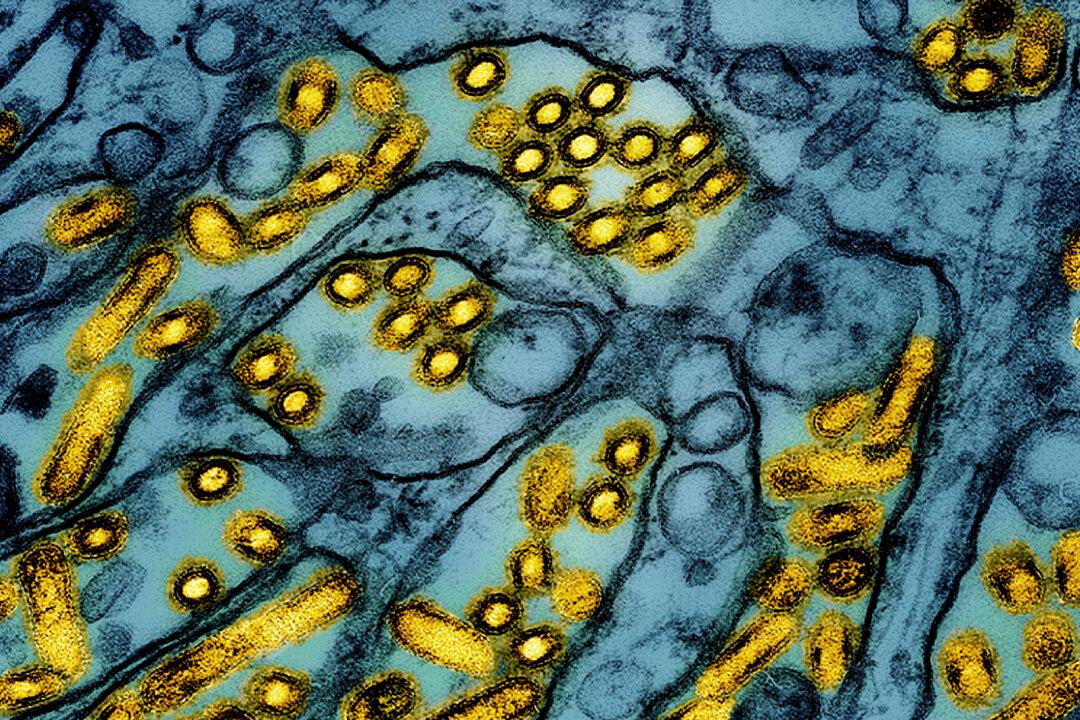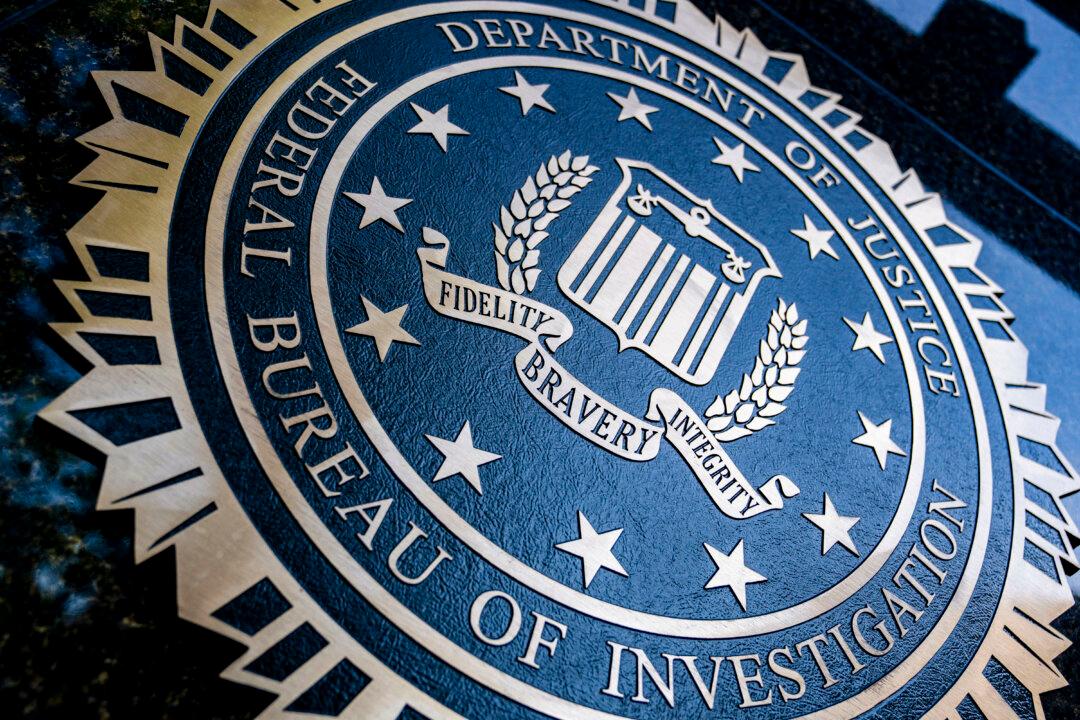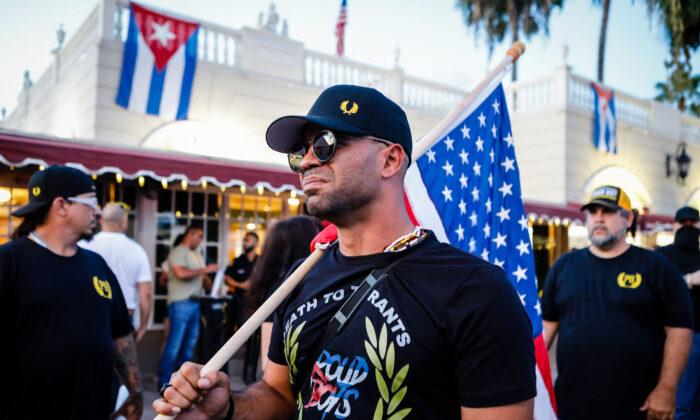The controversial World Economic Forum (WEF) announced it has frozen “all relations” with the Russian government and President Vladimir Putin due to the invasion of Ukraine.
The development comes as the United States, European Union, Canada, and several other countries placed heavy sanctions on Russia’s banking sector, Russian oligarchs, and Putin himself. A swath of Western-based corporations also said they will not do business inside the country anymore, citing the conflict.
The World Economic Forum, led by chairman Klaus Schwab, has had close ties with Russia in the past. Putin has addressed the Davos forum several times over the years.
During an early 2021 virtual World Economic Forum meeting, amid the COVID-19 pandemic, Putin warned of a war of “all against all.”
Schwab, in introducing Putin at the time, said that Russia was a long-standing participant in the forum.
However, according to the WEF, the posts have been taken out of context, and its Agenda 2030 framework instead outlines an aim to ensure all people have access to ownership and control over land and other forms of property.
Earlier this week, meanwhile, President Joe Biden announced that the United States would suspend Russian oil imports, although it’s not yet clear if the European Union will do so. Petroleum imports from Russia comprised 3.5 percent of the total U.S. demand in 2021.
“But we are united with our Allies and partners in working together to reduce our collective dependence on Russian energy and keep the pressure mounting on Putin, while at the same taking active steps to limit impacts on global energy markets and protect our own economies.”





